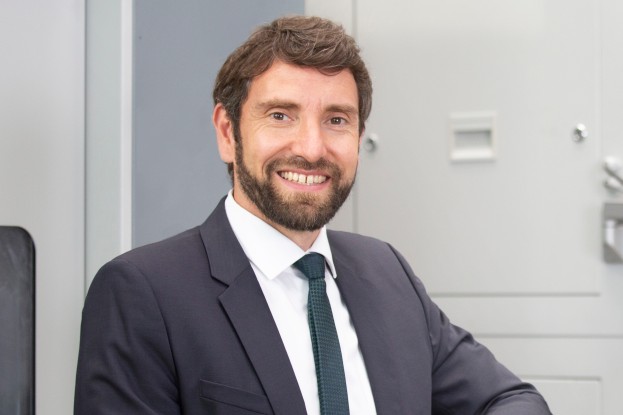Digital Technologies for Integrated Quality Management in Zero-Defect Manufacturing
09.03.2021
European research project InterQ
To achieve full control of the quality of industrial manufacturing processes and equipment, moving towards zero-defect manufacturing is a key challenge in strategic economic sectors, such as aeronautics, energy and automotive. Currently, thanks to digital means, a large volume of data is generated and stored, but, without adequate processing and management technologies, it is not possible to produce accurate, reliable, secure, and relevant information to optimize industrial processes.
The European research project InterQ is focused on the development of a digital platform for the generation and integration of data, which allows product and process quality to be ensured and to achieve the zero-defect manufacturing paradigm. “The InterQ platform seeks a response to this problem. It is a solution focused on data processing for the optimisation of zero-defect manufacturing processes so that quality can be traced along the entire value chain" said the coordinator of the initiative, Jokin Muñoa.
A platform made up of five modules for zero-defect manufacturing
The platform will be divided into five modules that will enable integrated quality management (Figure 1). InterQ-Process is the first of these and will be focused on monitoring the quality of the manufacturing processes. Next is InterQ-Product, which will control product quality. InterQ-Data evaluates the quality of the generated data. The fourth is InterQ-ZeroDefect, whose purpose will be to improve manufacturing quality through the application of Artificial Intelligence (AI) fed with reliable and relevant data. Finally, InterQ-TrustedFramework will ensure full traceability of the product aimed at different parts of the value chain through the application of distributed ledger technology.
The project, which started in November of 2020 and will go on to 2023, has a consortium of 25 partners from 11 European countries that will focus on strategic economic sectors, such as aeronautics, energy and automotive (Figure 2, Figure 3, Figure 4). Companies such as Renault, Gamesa Energy Transmission and ITP can be found among these partners. The initiative has a budget of 11 million €, 9 of which will be financed by the EU through the Horizon 2020 research and innovation programme.
The PTW is the leader of the InterQ-ZeroDefect module and will contribute to the optimization of the product quality based on AI for zero-defect manufacturing.
- The InterQ European project seeks to develop a digital platform for the generation and integrated management of data with the aim of ensuring the quality of products and processes under the zero-defect manufacturing paradigm.
- The initiative seeks to construct a new generation of digital twins and to use artificial intelligence sensors and algorithms to increase the efficiency of key sectors such as aeronautics, energy and automotive.
- 25 partners from 11 European countries are taking part in the project.






